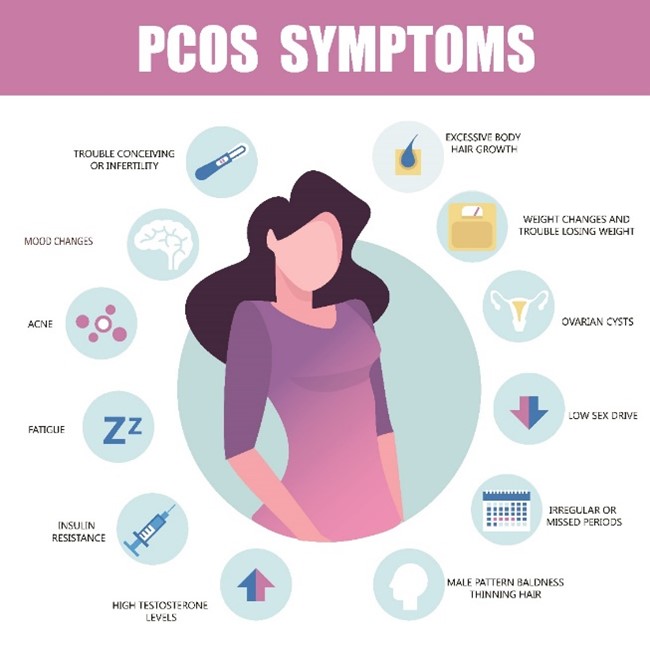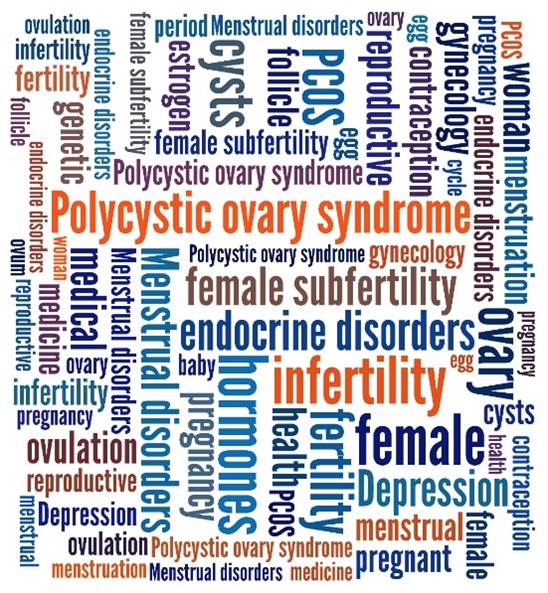Dr Anselma Gallinat is a Reader in Social Anthropology at Newcastle University and PI on the AHRC-funded project: ‘Knowing the Secret Police: secrecy and knowledge in East German society’. Here she writes about her team’s experience of planning around (and powering through) the COVID-19 pandemic.
The project ‘Knowing the Secret Police: secrecy and knowledge in East German society’ explores not ‘what the Stasi knew of society’, but what ‘society knew of the Stasi’ and how such knowledge developed and circulated. We would conduct interviews with people belonging to four spheres of society (‘networks’): members of the East German protestant church; literary authors; staff at two East German plants (‘at the workplace’), and former anti-fascists. In addition, all studies and strands would involve research in 3-4 different archives.
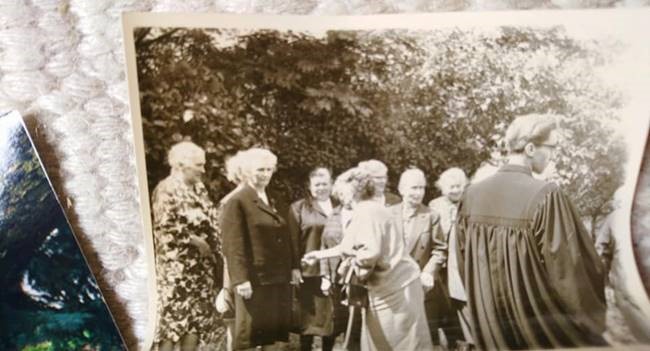
Problems? Not yet
We submitted our request in July 2017, just a year after the British EU referendum, which didn’t bode well for us. In the last few months of 2020, I often wished we could go back to a time when Brexit was our only problem.
Now we have a problem
When the COVID-19 pandemic began to rise in Europe, the project was stranded with half the staff in one country and half in another. All three of our RAs were in Germany. Grit Wesser had been conducting fieldwork in the town of Gera since October 2019 and had begun to view files at the BStU (Federal Agency for Stasi-documents). Tara Windsor had moved to Germany in February and was just beginning archival research and interview recruitment among literary authors. Alex Brown, a German resident, had also begun archival research at the BStU. The half in the UK were now at home with their kids and (often desperately) ‘trying to work’, while the pregnant wife of one RA developed symptoms and the COVID-19 test took weeks to return.
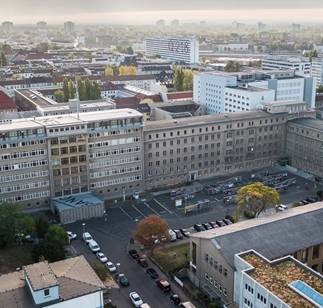
No fieldwork, so read and write…?
Archives were closed for nigh on five months. Interviews were impossible under lockdown rules. There was literature to read, but this required brain space, energy and interest. As Grit put it once in our monthly virtual project-coffees: “it’s not particularly cheery literature either” (that literature about oppression and surveillance by the Stasi). There were things to write and think about, but this also required brain space, energy and interest in a context full of news about threat, death and disastrous politicians. As a therapist pointed out to me, “COVID-19 re-traumatised us all”. So, different members were able to do different things during lockdown.
(Re)Starting
In May, it became apparent that lockdown rules in Germany were beginning to ease. For any further fieldwork, Newcastle now required a renewed ethics application, but the website stated this needed to conform to UK social distancing guidelines. We re-wrote our ethics requests and argued this should meet the guidelines of the country where the fieldwork was to take place. The faculty ethics committee, thankfully, agreed. There was not much to be said about archival work, which would be regulated by the archive. We chose to persist with face-to-face interviews, as the majority of our interviewees are elderly and not au fait with technology. Moreover, two studies took an at least partial ethnographic approach, which required us ‘being there’ to garner tacit and sensual knowledge. We also felt online interviews wouldn’t allow us to do so or allow us to build sufficient rapport around a potentially (not always!) tricky subject. But we thought much about our interviewees’ and interviewers’ safety and made risk mitigation plans. These included conducting interviews outdoors where possible, with masks, and signing consent forms etc using privately owned pens so they wouldn’t be exchanged.
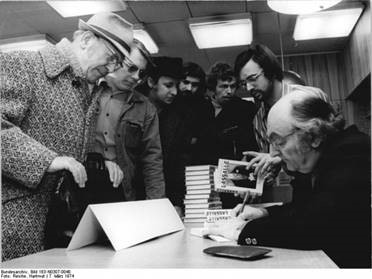
Best laid plans…
However, this was easier written than done, and our safeguards have only been used partially. Interviews with masks didn’t really work out, nor had we mitigated against lunch invitations… At this point Grit was mostly interviewing retired clergy. These (predominantly) men and their wives had devoted a lifetime to care-giving and hospitality. Of course, any guest would receive coffee and/or whatever meal was due to be served. Rejecting commensality would always threaten any budding relationship. This was however key for long, in-depth Oral History and life-story interviews. Moreover, face masks conceal non-verbal communication and clues, making understanding much trickier, which is a problem in an interview situation.
Plan B?, or plan A+ (and fingers firmly crossed!)
So, in June, fieldwork resumed. We had lost five months in real time, plus at least another five months in terms of the time the Co-Is/PI would have spent contributing to data collection. While archives had re-opened, access was much reduced due to social distancing in reading rooms. But all studies had begun, our RAs had been hired for their expertise in each distinct area. While some studies will now be slimmer, it wasn’t possible to drop any in full. So we have persevered, and our exceptional RAs have been able to develop a range of fascinating case studies. Grit, Tara and Alex are now all thinking about future publications. The three Co-Is/PI are coming to terms with losing their own access to fieldwork, although 2021 may bring a final opportunity(?). We keep going with our monthly all-team virtual Kaffeeklatsch (German, directly: ‘gossip-over-coffee’) which keeps us connected and thinking together, about concepts as much as lunch invitations in the COVID-19 era.



